Home>Maintenance & Safety>Emergency Preparedness>How To Choose A Home Backup Generator
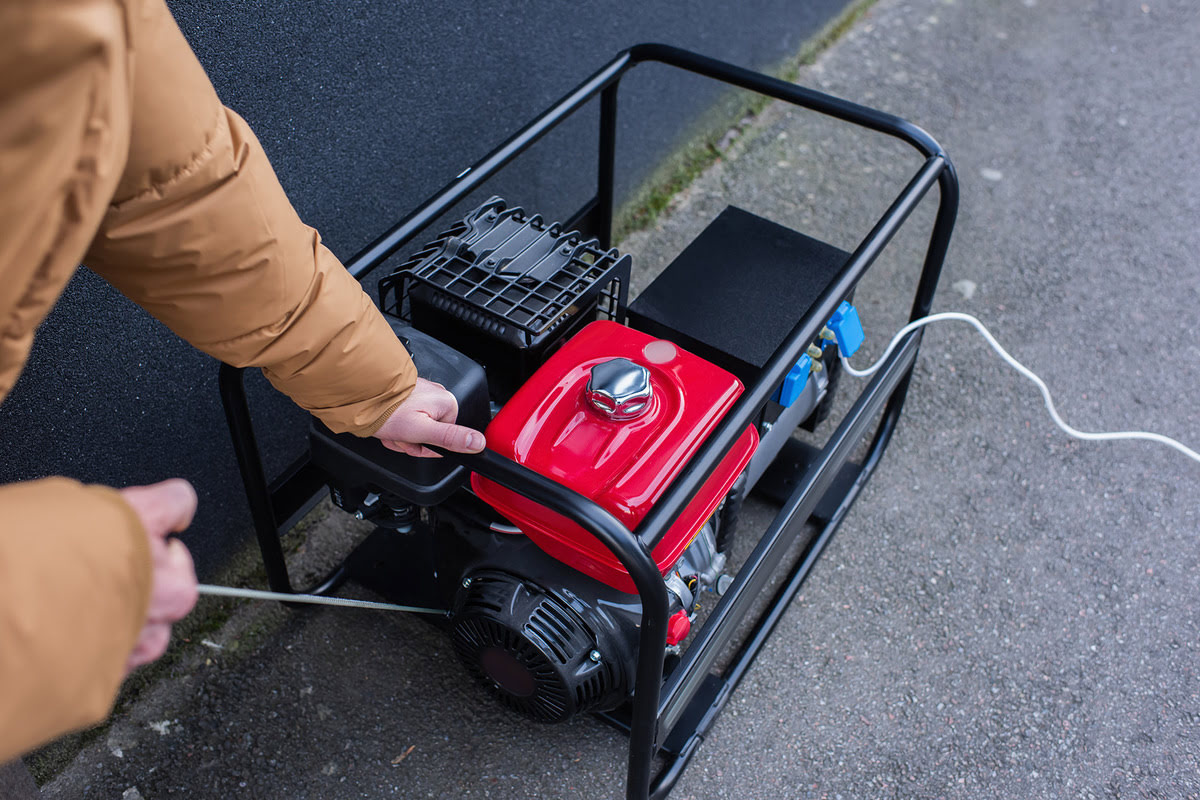

Emergency Preparedness
How To Choose A Home Backup Generator
Modified: January 4, 2024
Ensure your home is always prepared for emergencies with our guide on choosing the best backup generator. Stay safe and secure with our expert tips.
(Many of the links in this article redirect to a specific reviewed product. Your purchase of these products through affiliate links helps to generate commission for Storables.com, at no extra cost. Learn more)
Introduction
In an era where power outages are not uncommon, having a reliable backup generator for your home is a wise investment. Whether it's due to severe weather, utility company issues, or unforeseen circumstances, a backup generator can ensure that your essential appliances and devices continue to function, providing comfort and security for you and your family. However, with numerous options available in the market, choosing the right home backup generator can be a daunting task. This comprehensive guide aims to simplify the selection process by highlighting key factors to consider, ensuring that you make an informed decision that aligns with your specific requirements and preferences.
A home backup generator serves as a safeguard against the inconvenience and potential hazards of extended power outages. By understanding your power needs, fuel options, size considerations, noise levels, budget constraints, and installation requirements, you can confidently navigate the selection process. Furthermore, being aware of the maintenance demands of different generator types will help you make a choice that not only meets your immediate needs but also aligns with your long-term expectations.
This guide will delve into each of these aspects, providing valuable insights to empower you to make the best decision for your home. Whether you're a homeowner looking to protect your family from power disruptions or seeking to enhance your emergency preparedness, the information presented here will equip you with the knowledge needed to select a home backup generator that offers peace of mind and reliable performance.
Key Takeaways:
- Choose a generator based on your power needs, fuel type, size, noise level, budget, and installation/maintenance requirements. Consider factors like essential appliances, fuel availability, and noise levels for a reliable backup power solution.
- Understanding your specific power needs and preferences will help you confidently select a home backup generator that offers peace of mind, security, and uninterrupted power for your household, enhancing your emergency preparedness and resilience in the face of unforeseen outages.
Read more: How To Install A Backup Generator
Consider Your Power Needs
Before embarking on the journey of selecting a home backup generator, it’s crucial to assess your power requirements. Consider the essential appliances and devices that you would need to power during an outage. This may include refrigerators, freezers, medical equipment, lighting, heating or cooling systems, communication devices, and possibly even home office equipment. By making a list of these items and estimating their power consumption, you can determine the overall wattage needed to sustain your household.
It’s important to differentiate between essential and non-essential items, as this will influence the size and capacity of the generator you require. Some homeowners may opt for a whole-house generator that can power the entire residence, while others may prioritize only the most critical circuits. Understanding your power needs will also aid in deciding whether a standby generator or a portable generator is the more suitable option for your home.
Additionally, factoring in any specific voltage requirements for your appliances and devices is essential. Some equipment may require 240 volts, while standard household outlets provide 120 volts. Ensuring that your chosen generator can accommodate these voltage specifications is paramount to its effectiveness in providing seamless backup power.
By comprehensively evaluating your power needs and understanding the electrical demands of your home, you can make an informed decision when selecting a home backup generator. This foundational step sets the stage for a tailored and effective backup power solution that aligns with your unique requirements.
Fuel Type
When choosing a home backup generator, the fuel type is a critical consideration that directly impacts the generator’s performance, maintenance, and overall convenience. The most common fuel options for home generators include diesel, gasoline, natural gas, and propane. Each fuel type has its own set of advantages and limitations, so it’s essential to weigh these factors against your specific needs and circumstances.
Gasoline-powered generators are widely available and offer a cost-effective solution for intermittent use. However, gasoline has a limited shelf life and can be challenging to store for extended periods. Additionally, these generators may not be as fuel-efficient as diesel or natural gas options.
Diesel generators are known for their fuel efficiency and longevity, making them a reliable choice for prolonged outages. They are also less flammable than gasoline, enhancing safety during storage and operation. However, diesel generators typically require more maintenance and can be noisier than their gasoline counterparts.
Natural gas and propane generators are popular choices for homeowners seeking a continuous and readily available fuel supply. These generators can be connected directly to your home’s natural gas line or propane tank, ensuring uninterrupted operation without the need for refueling. They also produce fewer emissions and require minimal maintenance compared to diesel or gasoline generators.
Considering the availability of fuel in your area, storage requirements, environmental impact, and the duration of potential outages will help determine the most suitable fuel type for your home backup generator. By carefully evaluating these factors, you can select a fuel type that aligns with your preferences, budget, and long-term convenience.
Size and Portability
When selecting a home backup generator, assessing the size and portability of the unit is crucial to ensure seamless integration into your household and lifestyle. The size of the generator is directly correlated to its power output capacity, and it’s essential to match this capacity with your specific power needs, as determined in the earlier assessment.
For homeowners seeking a comprehensive backup power solution that can sustain the entire household, a stationary or standby generator may be the preferred choice. These generators are typically installed permanently and are designed to automatically activate when a power outage is detected. Standby generators are available in a range of power capacities, allowing you to select a size that aligns with your home’s electrical requirements.
Alternatively, portable generators offer flexibility and versatility, particularly for those who prioritize specific appliances or require backup power on the go. Portable generators are available in various sizes and wattage ratings, catering to a wide spectrum of power needs. These units can be easily maneuvered to different locations and are ideal for outdoor activities, job sites, and emergency situations.
Considering the physical dimensions and weight of the generator is important, especially if you anticipate the need to transport it or store it in a confined space. Portable generators are designed with mobility in mind, often featuring handles and wheels for effortless movement. In contrast, standby generators are installed in a fixed location and require professional placement to ensure optimal functionality and safety.
By evaluating the size and portability of different generator options, you can make an informed decision based on your specific power requirements, spatial constraints, and mobility preferences. Whether you opt for a stationary standby generator or a portable unit, ensuring that the size and portability align with your practical needs will contribute to a seamless and effective backup power solution for your home.
When choosing a home backup generator, consider the size and power output you need based on the essential appliances and devices you want to keep running during a power outage.
Noise Level
When considering a home backup generator, the noise level is an important factor to take into account, especially if you aim to maintain a peaceful and comfortable living environment during power outages. Generators vary in their noise emissions, and understanding the potential impact of generator noise on your household and surrounding area is crucial in making a well-informed decision.
Standby generators, often installed outdoors, are designed with noise reduction features to minimize disturbances. These units are housed in weather-resistant enclosures, which serve the dual purpose of protecting the generator from the elements and reducing operational noise. This design ensures that standby generators operate quietly, making them an unobtrusive and reliable backup power solution for residential settings.
Portable generators, on the other hand, may produce more noticeable noise due to their mobility and exposed design. While advancements in generator technology have led to quieter portable models, it’s important to consider the decibel ratings of these units when evaluating their suitability for your home. Additionally, the placement of a portable generator can impact its perceived noise level, and strategic positioning to mitigate sound transmission should be taken into consideration.
Understanding local regulations and community guidelines pertaining to generator noise is essential, particularly if you reside in an area with specific noise restrictions. By selecting a generator with a noise level that complies with these regulations, you can ensure a harmonious coexistence with your neighbors while benefiting from reliable backup power.
By factoring in the noise level of different generator options, you can make a choice that aligns with your desire for a peaceful living environment, especially during times of power outages. Whether you opt for a standby generator or a portable unit, considering the noise implications and taking proactive measures to minimize disruptions will contribute to a positive and considerate backup power solution for your home.
Read also: 15 Best Solar Backup Generator For 2024
Budget
When exploring the options for a home backup generator, establishing a clear budget is a pivotal step in the decision-making process. The cost of a generator encompasses not only the initial purchase price but also installation, fuel supply, and ongoing maintenance expenses. By defining your budget parameters upfront, you can effectively narrow down the available choices and identify a generator that not only meets your power needs but also aligns with your financial considerations.
Standby generators, due to their seamless integration with your home’s electrical system and automatic activation, typically represent a higher upfront investment. However, they offer unparalleled convenience and reliability, making them a valuable long-term asset for homeowners seeking comprehensive backup power solutions. Portable generators, while more budget-friendly in terms of initial purchase, may require additional expenditures for fuel storage, manual operation, and potential extension cords or transfer switches.
Considering the total cost of ownership, including installation, fuel consumption, and maintenance, is essential in evaluating the financial implications of different generator options. It’s important to assess the long-term value that a generator provides and weigh it against the initial investment, ensuring that your chosen unit delivers the performance and reliability necessary to safeguard your home during power outages.
Furthermore, exploring financing options, incentives, and potential energy efficiency savings can provide additional avenues for managing the financial impact of investing in a home backup generator. Some regions offer rebates or tax credits for the installation of energy-efficient backup power solutions, presenting an opportunity to offset some of the initial costs and enhance the overall affordability of the investment.
By establishing a realistic budget and considering the comprehensive financial aspects of different generator options, you can make an informed decision that aligns with your financial goals while providing a reliable and effective backup power solution for your home.
Installation and Maintenance Requirements
Understanding the installation and maintenance requirements of a home backup generator is essential in ensuring its seamless integration into your household and long-term reliability. The installation process for a standby generator typically involves professional assistance to ensure proper electrical connections, compliance with local building codes, and safe operation. Standby generators are permanently installed and require a dedicated concrete pad or ground placement, along with a transfer switch to manage power distribution.
Portable generators, while offering more flexibility in terms of placement, still necessitate careful consideration of installation and safety measures. These units require proper grounding and ventilation to prevent carbon monoxide buildup, and the use of heavy-duty extension cords or a transfer switch is recommended to connect essential appliances safely.
Regular maintenance is crucial to the optimal performance and longevity of a home backup generator. Standby generators often feature self-diagnostic capabilities and automatic weekly self-tests to ensure readiness, but periodic professional maintenance is still recommended to address any potential issues and uphold the unit’s functionality. Portable generators also require routine maintenance, including oil changes, filter replacements, and inspections of fuel and electrical components.
Understanding the maintenance schedule, warranty coverage, and availability of professional servicing for different generator options is paramount in making an informed decision. By factoring in the installation requirements and ongoing maintenance demands, you can ensure that your chosen home backup generator remains a reliable and effective source of power for your household.
Conclusion
Choosing a home backup generator is a significant decision that involves careful consideration of your power needs, fuel options, size and portability, noise levels, budget, and installation and maintenance requirements. By evaluating these key factors, you can select a generator that aligns with your specific requirements while providing reliable backup power for your home.
Understanding your power needs is fundamental in determining the capacity and type of generator that will effectively sustain your essential appliances and devices during outages. Whether you opt for a whole-house standby generator or a portable unit to power specific circuits, accurately assessing your power requirements is essential in making an informed choice.
The fuel type of the generator plays a pivotal role in its performance, convenience, and long-term viability. Considering factors such as fuel availability, storage requirements, and environmental impact will help you select a fuel type that aligns with your preferences and practical considerations.
Size and portability are key considerations that influence the integration and versatility of the generator within your household. Whether you prioritize a stationary standby generator or a portable unit for flexibility, assessing the physical dimensions, power output, and mobility features is essential in selecting a unit that seamlessly fits your lifestyle and spatial constraints.
Noise levels should be taken into account to maintain a peaceful living environment during power outages. Understanding the noise emissions of different generator options and adhering to local regulations will ensure that your backup power solution is considerate of your household and community.
Establishing a clear budget and evaluating the total cost of ownership will help you make a financially sound decision when investing in a home backup generator. By considering the initial purchase price, installation expenses, fuel costs, and potential incentives, you can select a generator that provides long-term value and reliability.
Finally, understanding the installation and maintenance requirements of the generator is crucial in ensuring its seamless integration and sustained performance. Whether you opt for a professionally installed standby generator or a portable unit with specific safety and maintenance needs, being proactive in addressing these requirements will contribute to a dependable and effective backup power solution for your home.
By carefully considering these factors and weighing them against your specific needs and preferences, you can confidently choose a home backup generator that offers peace of mind, security, and uninterrupted power for your household, enhancing your emergency preparedness and resilience in the face of unforeseen outages.
Frequently Asked Questions about How To Choose A Home Backup Generator
Was this page helpful?
At Storables.com, we guarantee accurate and reliable information. Our content, validated by Expert Board Contributors, is crafted following stringent Editorial Policies. We're committed to providing you with well-researched, expert-backed insights for all your informational needs.
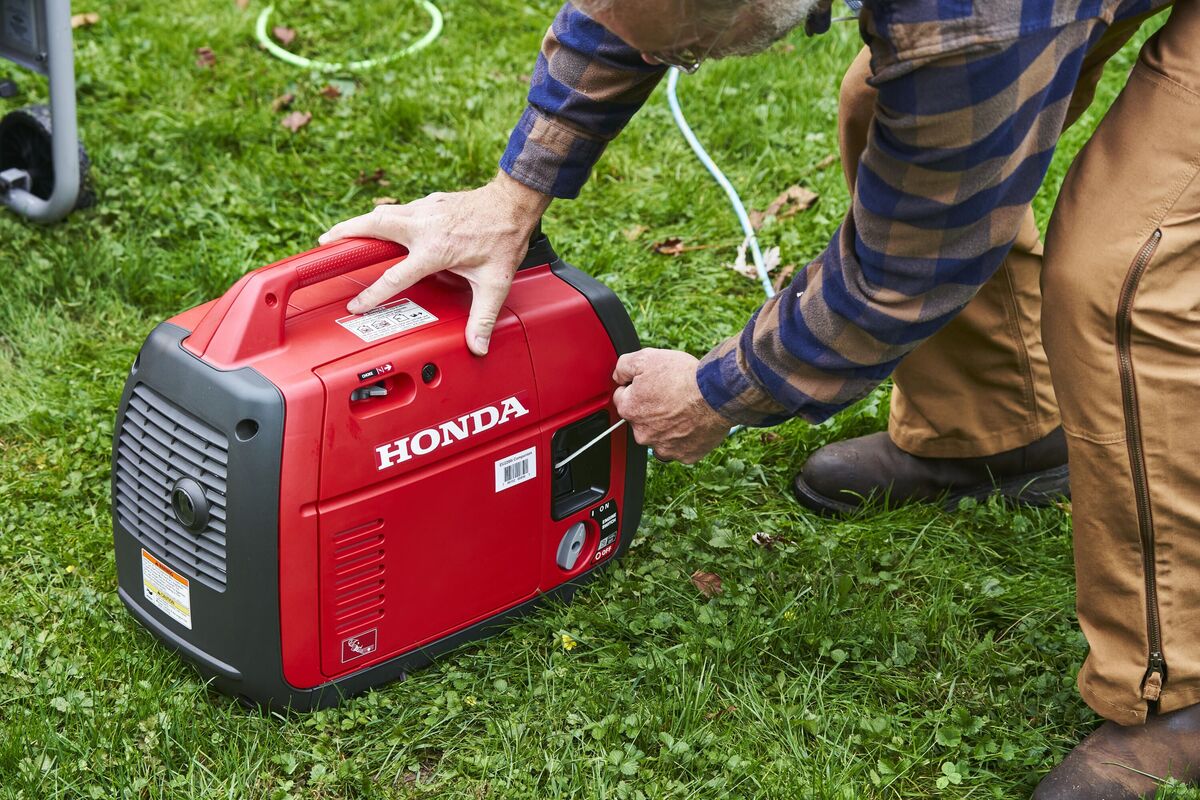
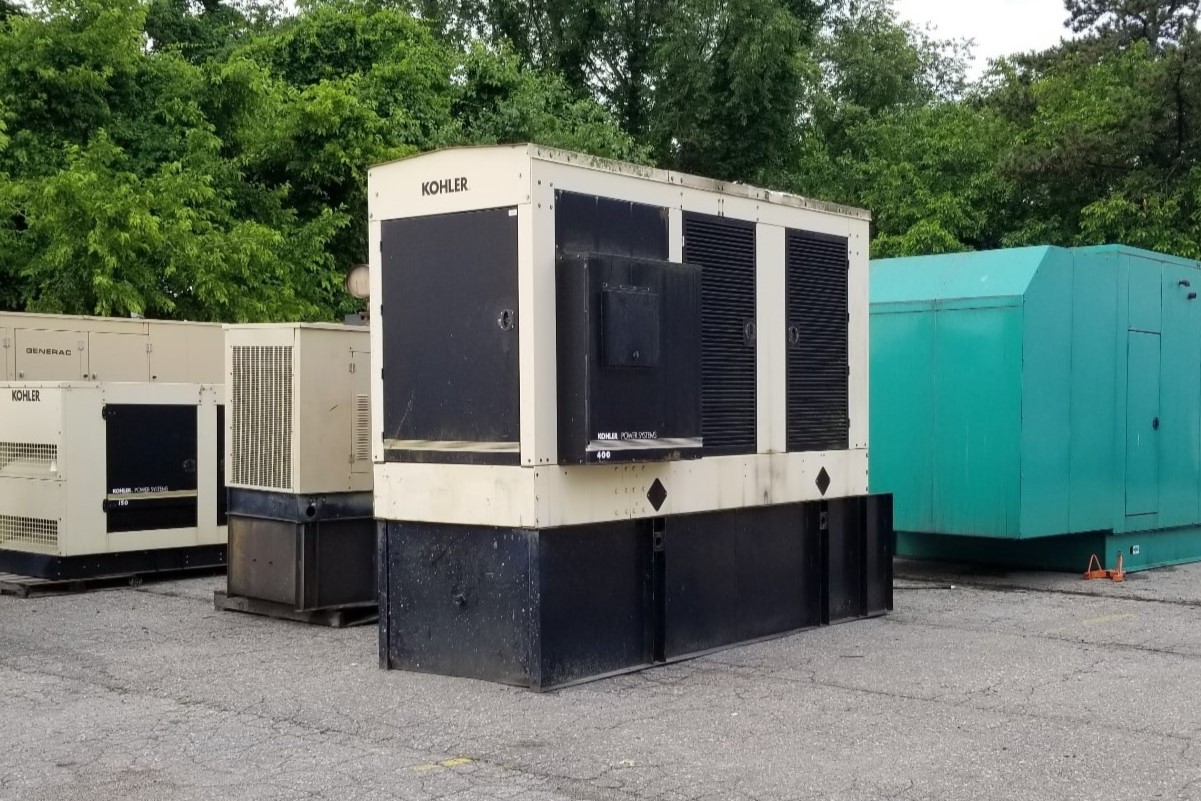
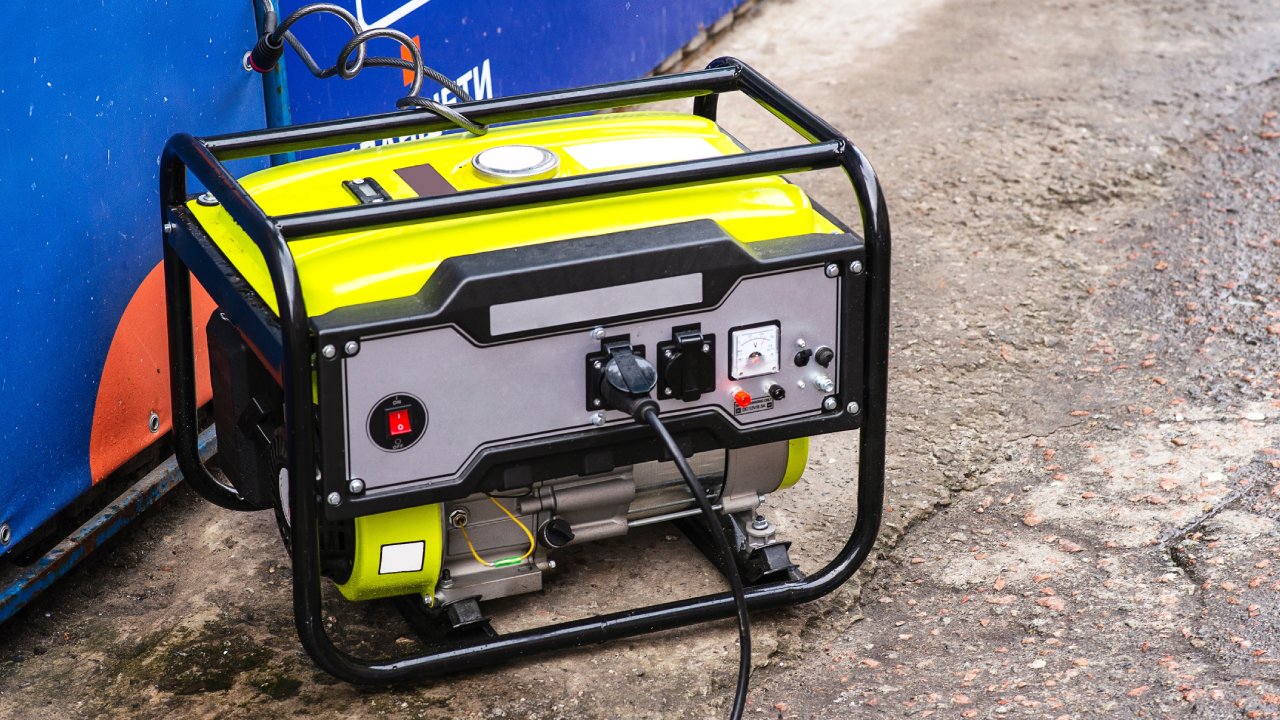
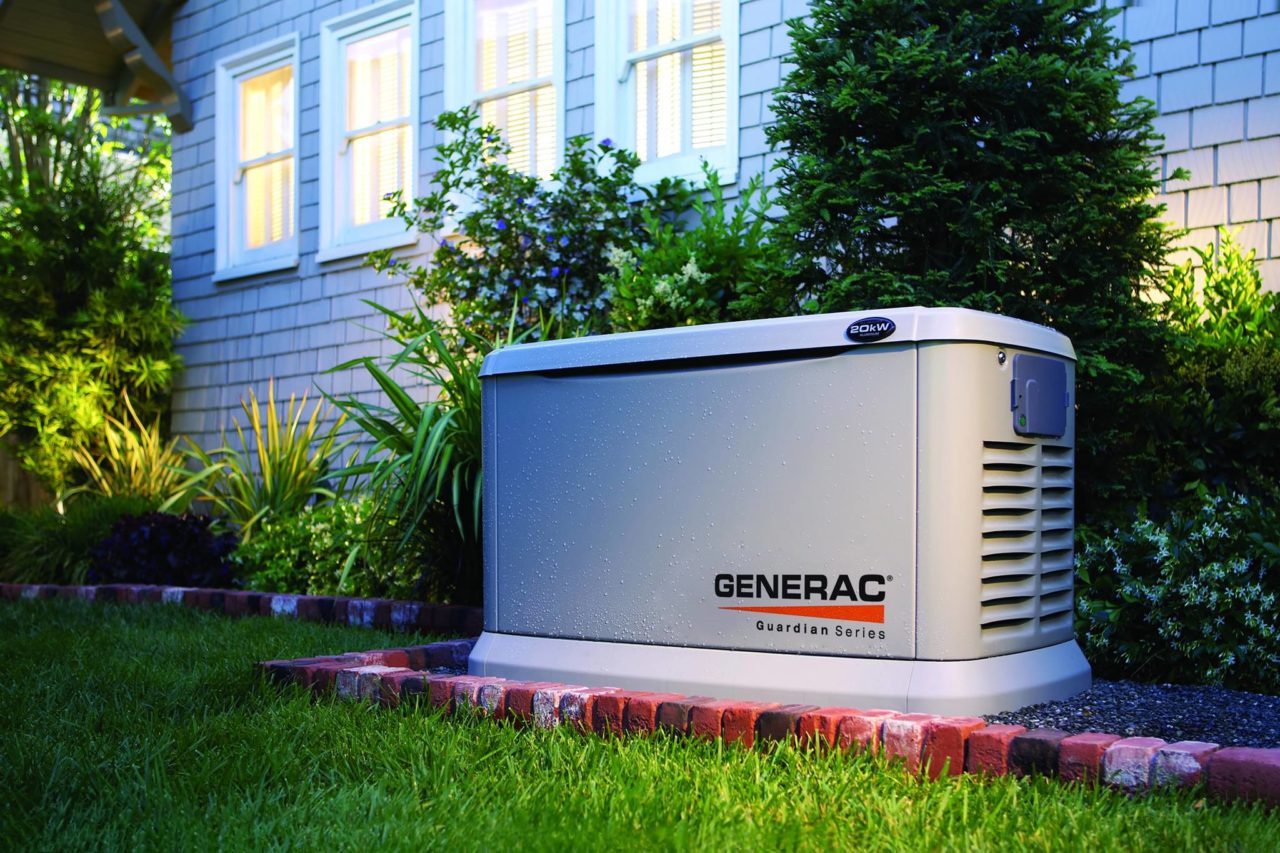
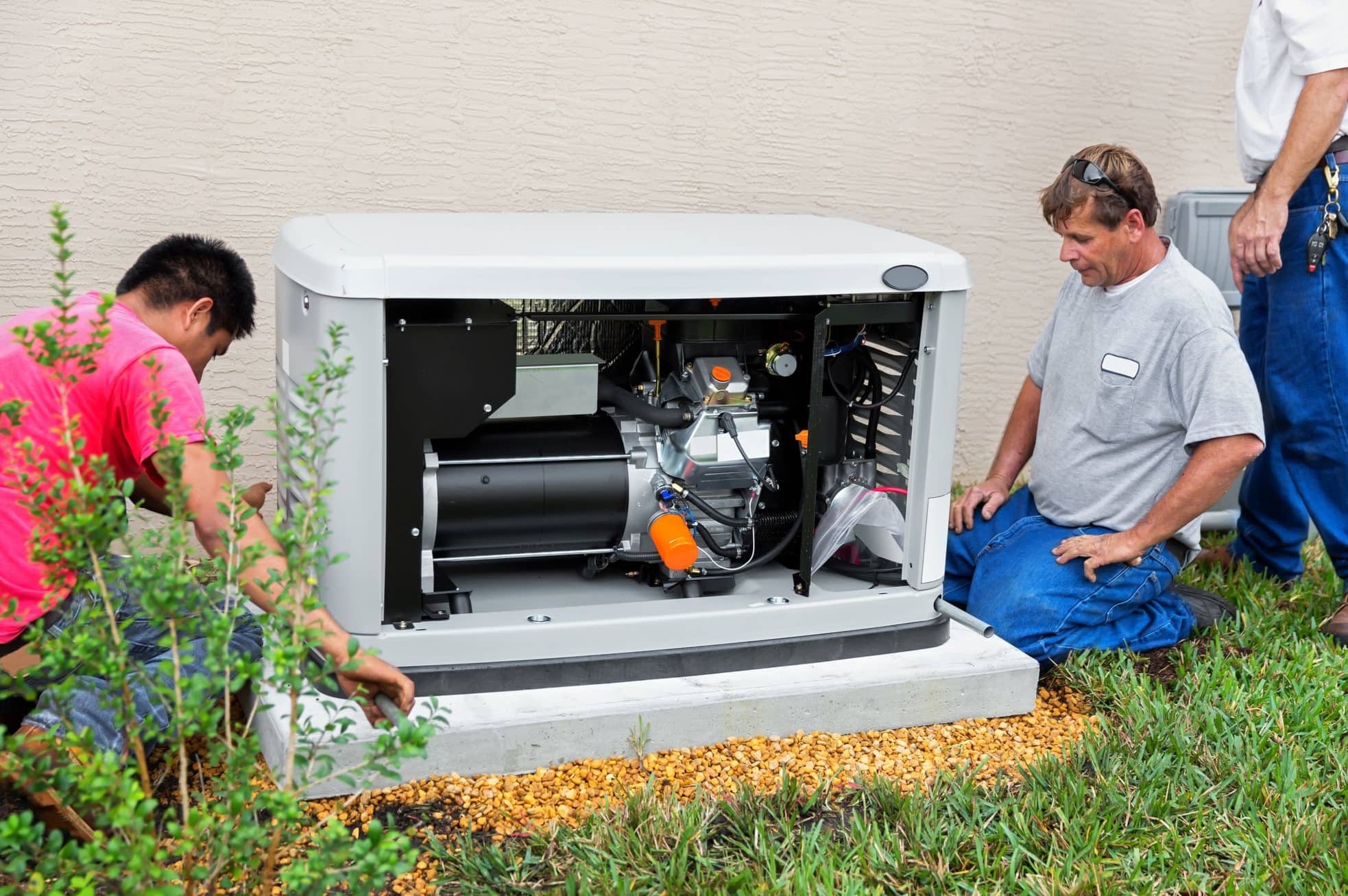
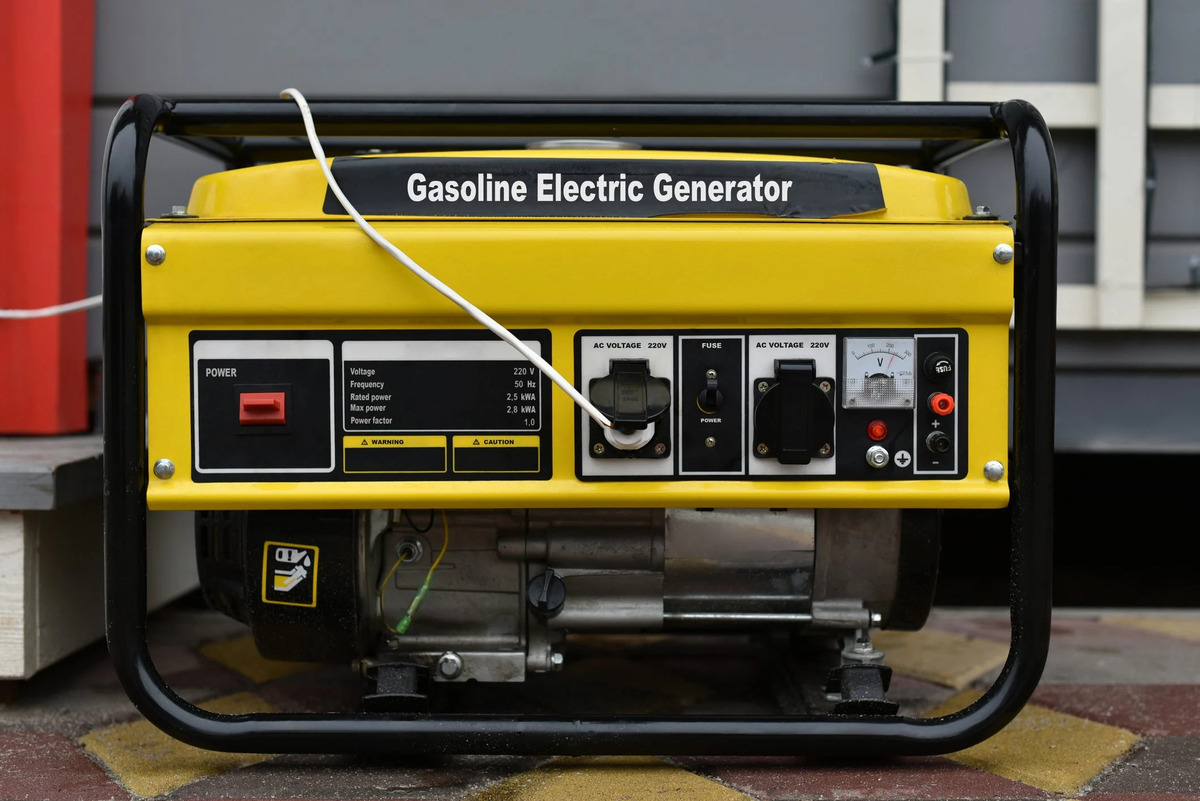
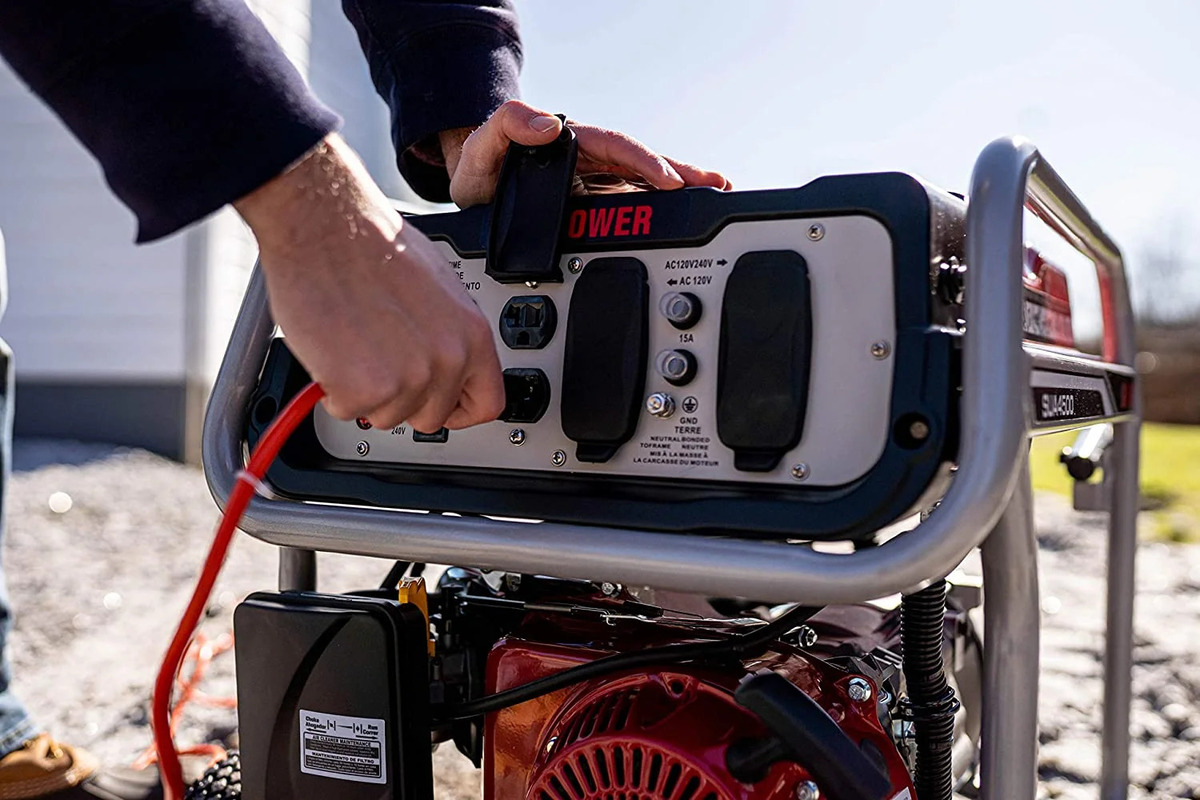
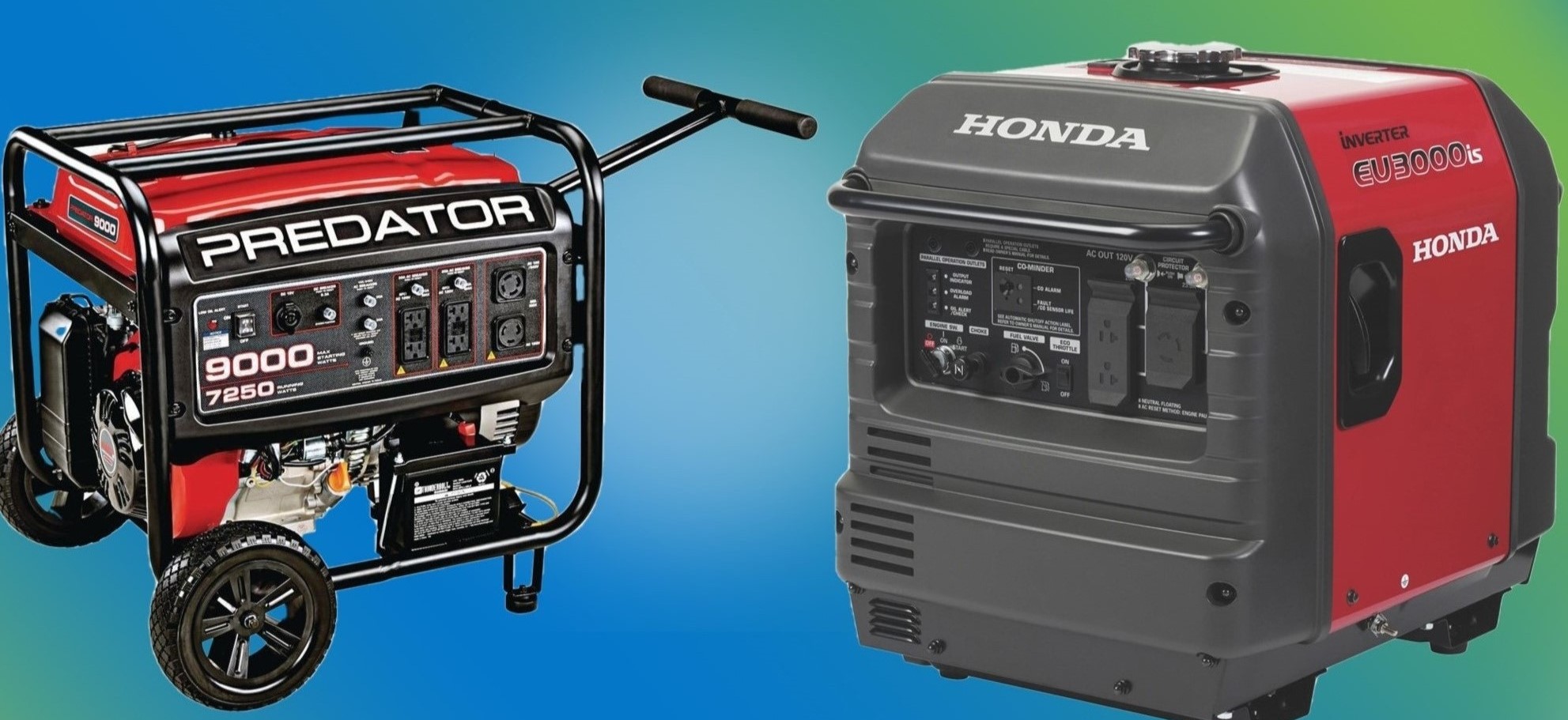
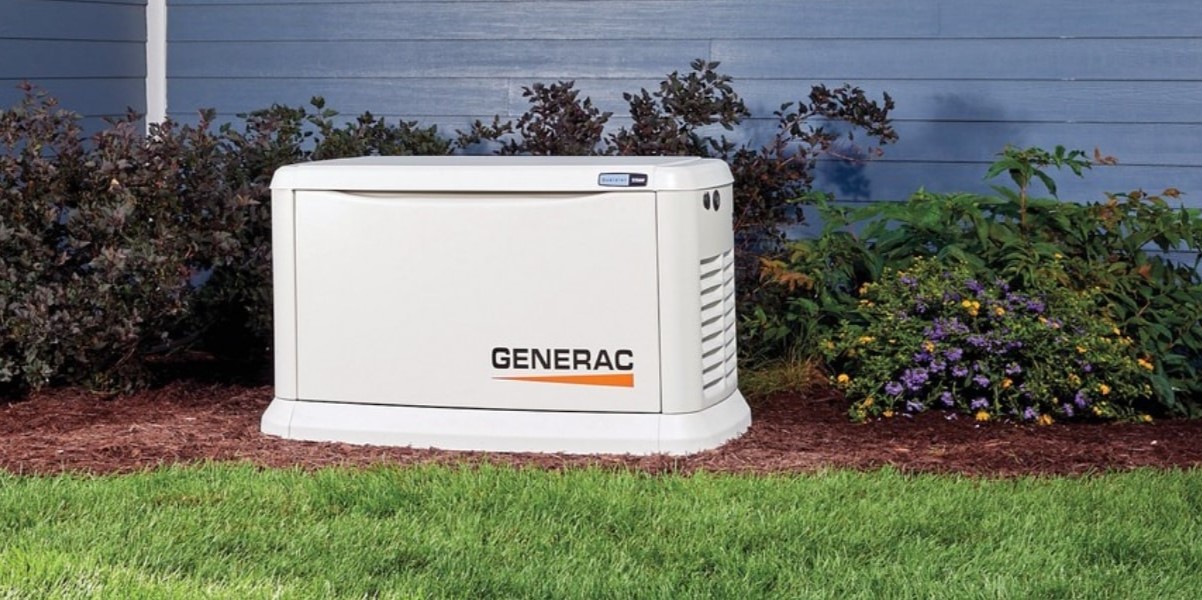
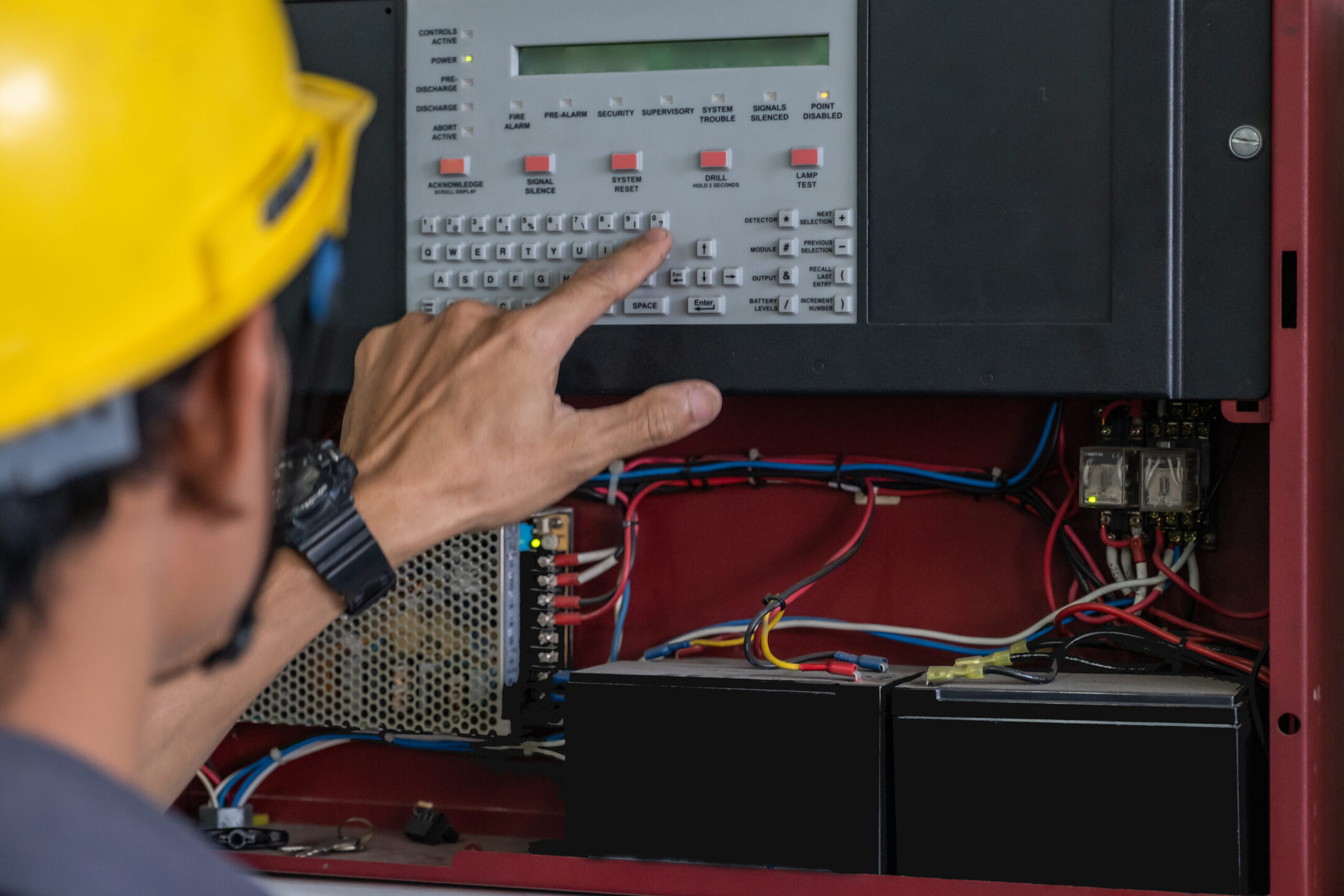
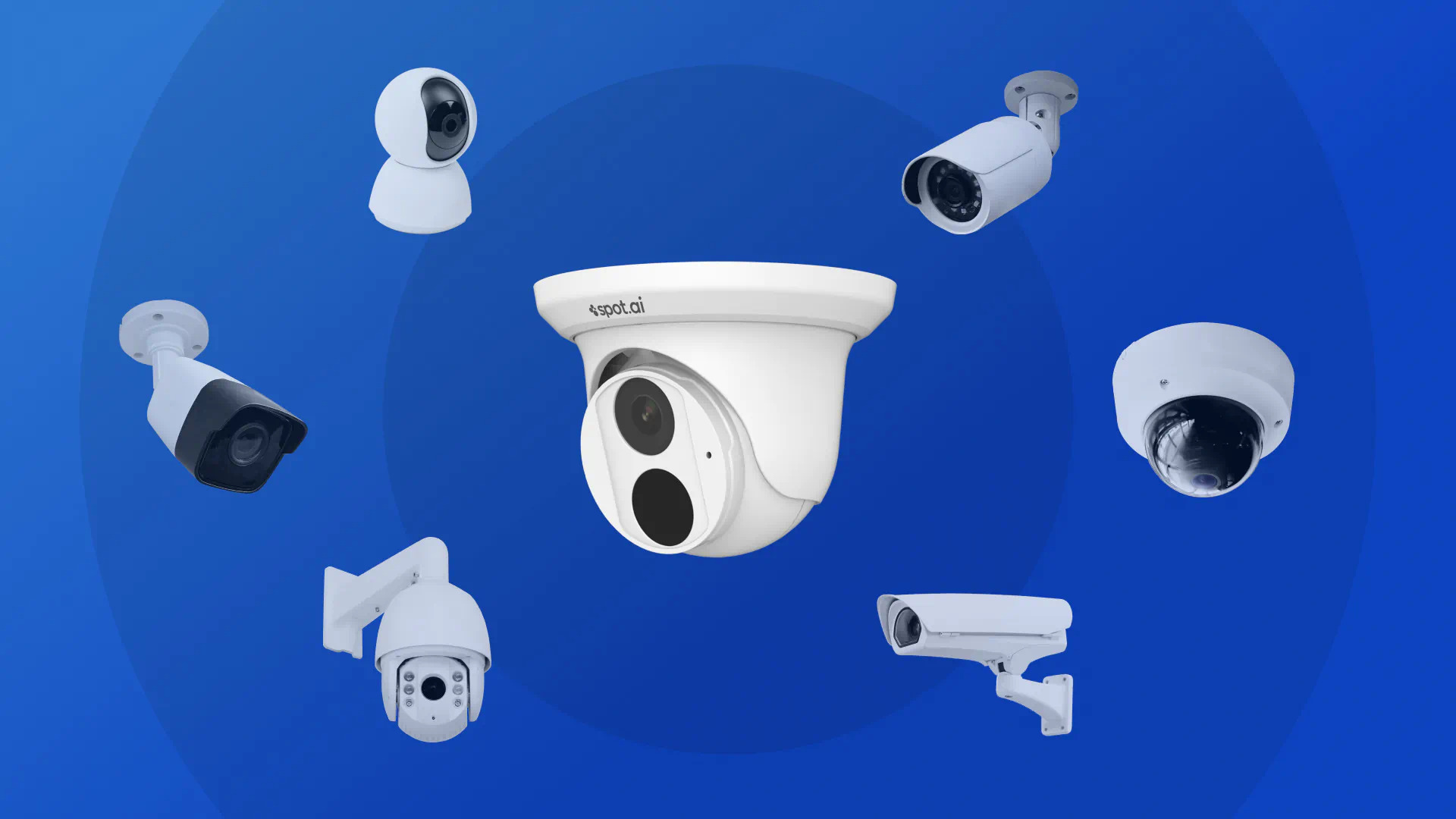
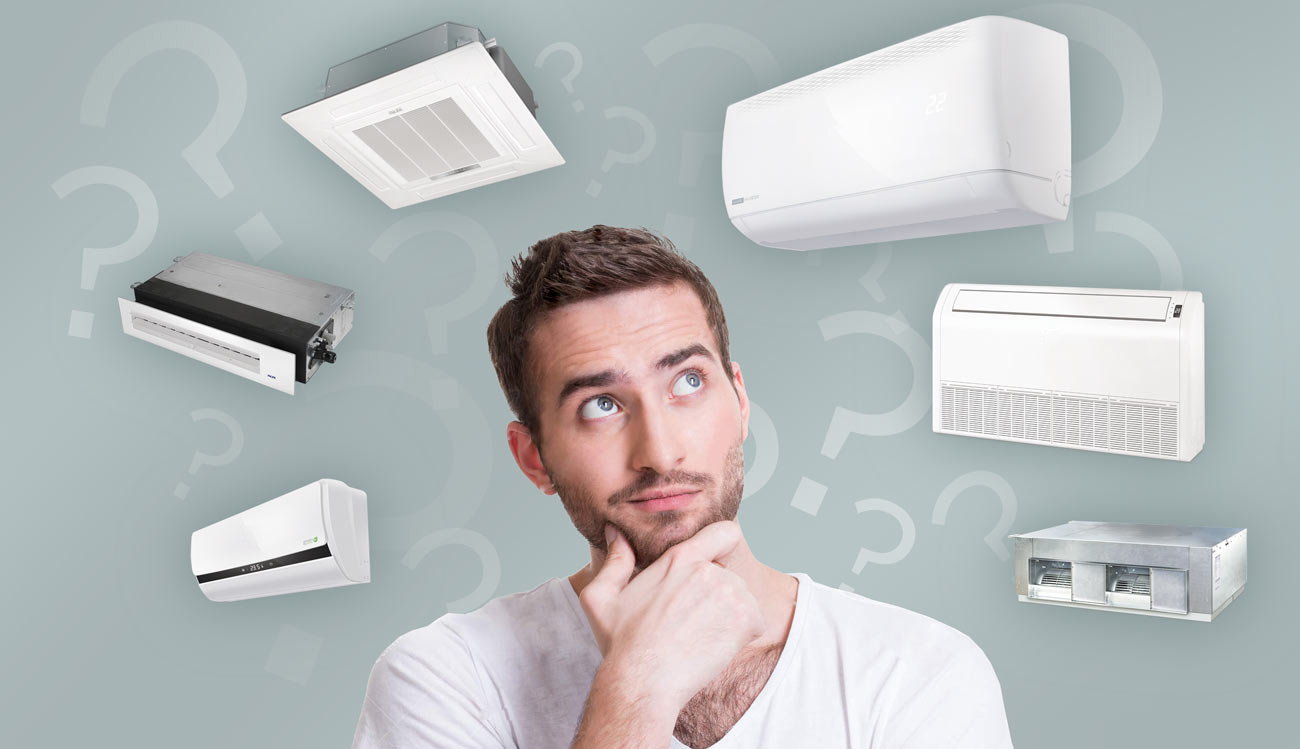
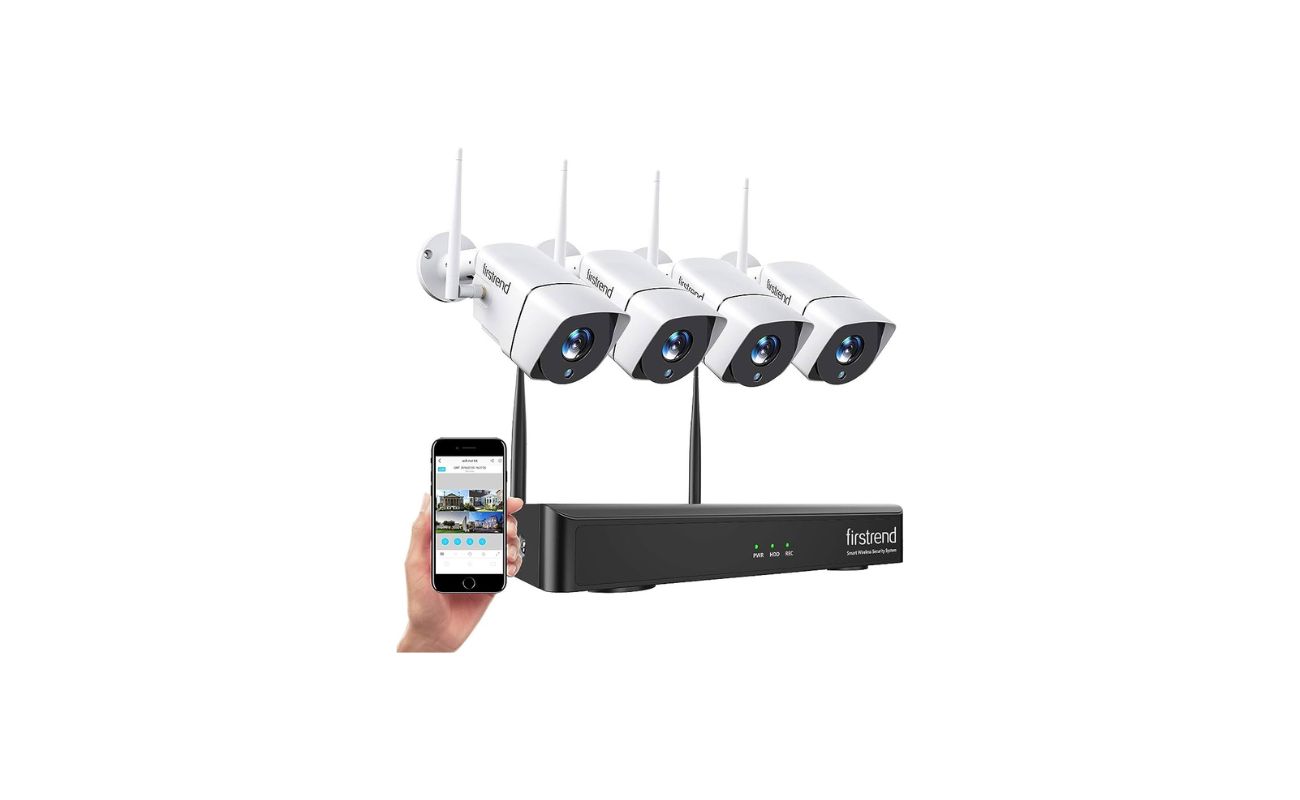
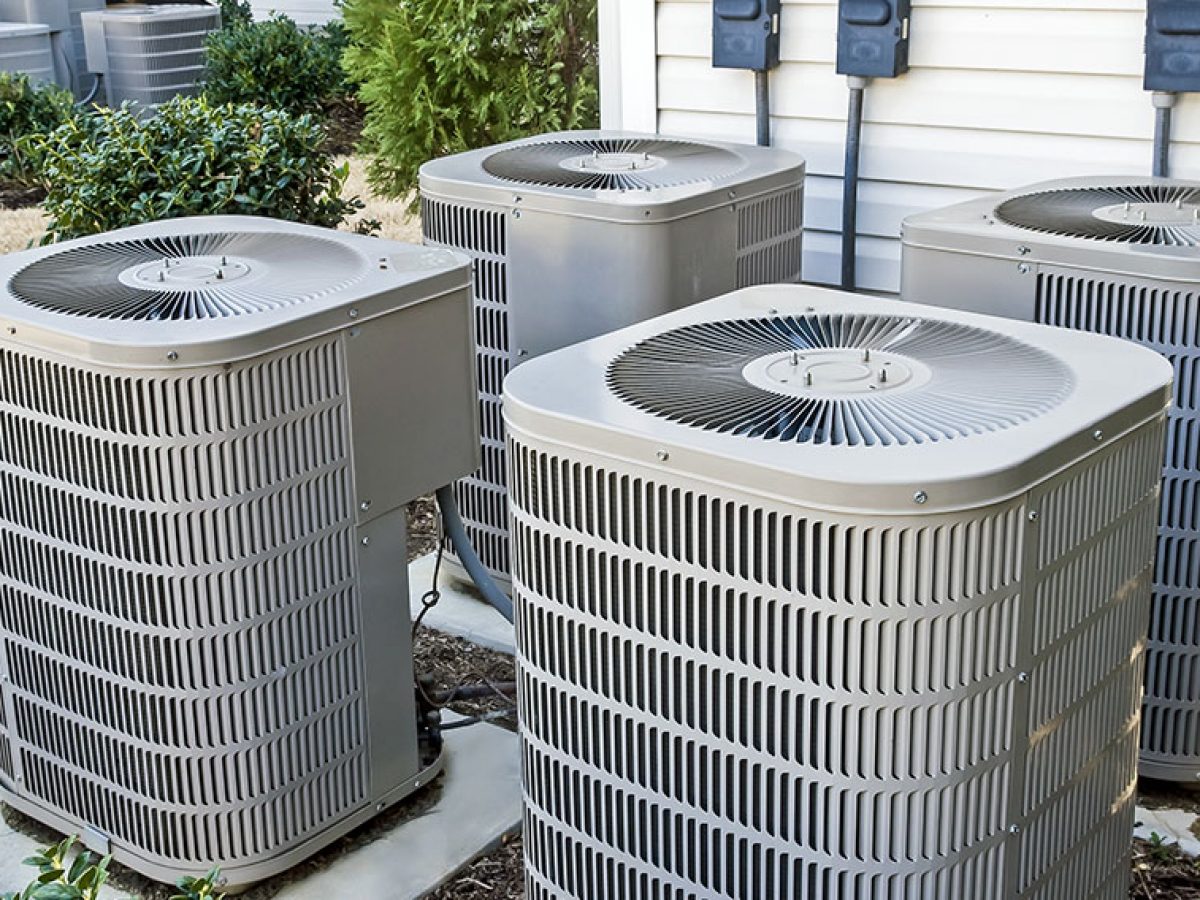

0 thoughts on “How To Choose A Home Backup Generator”